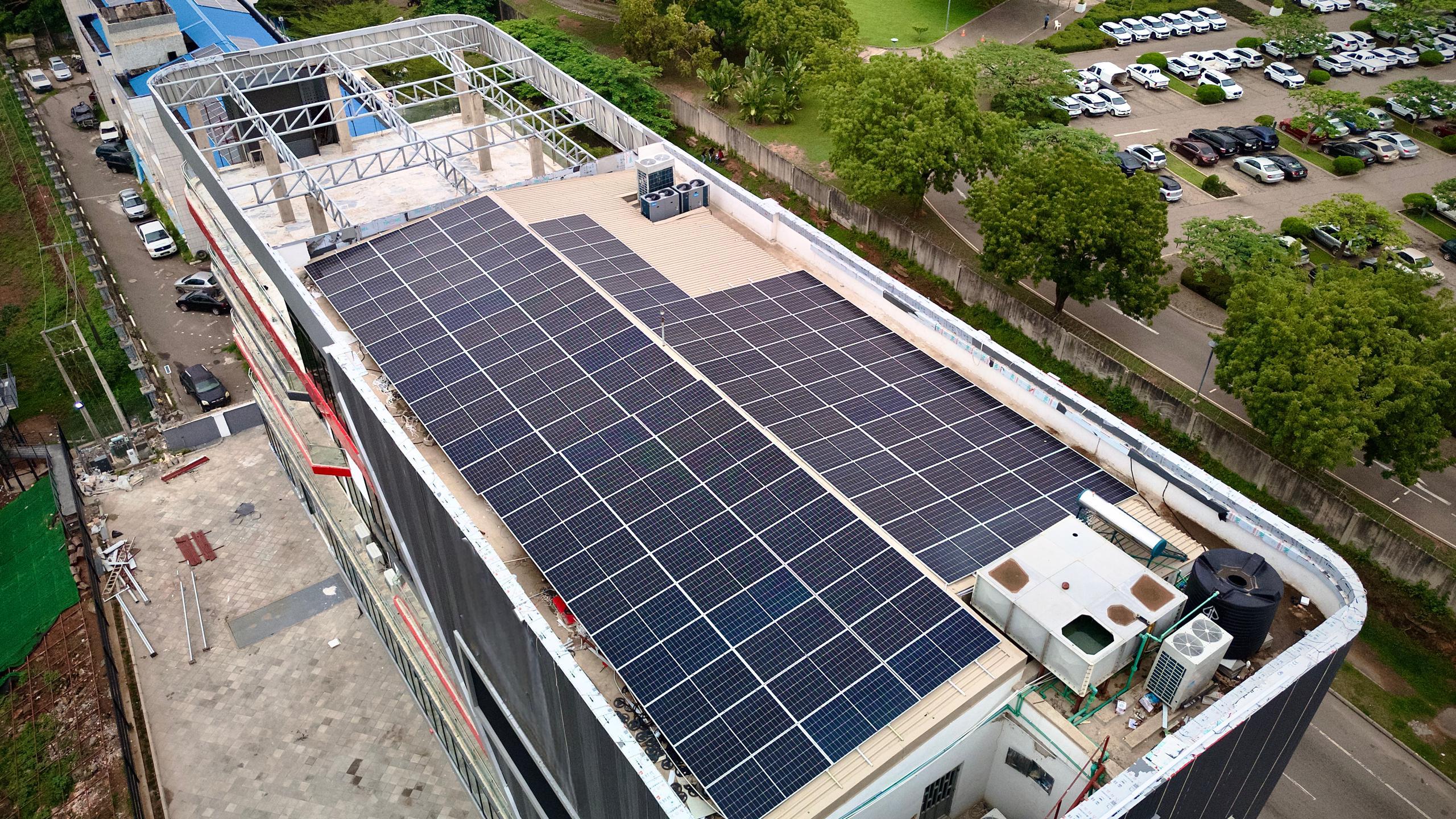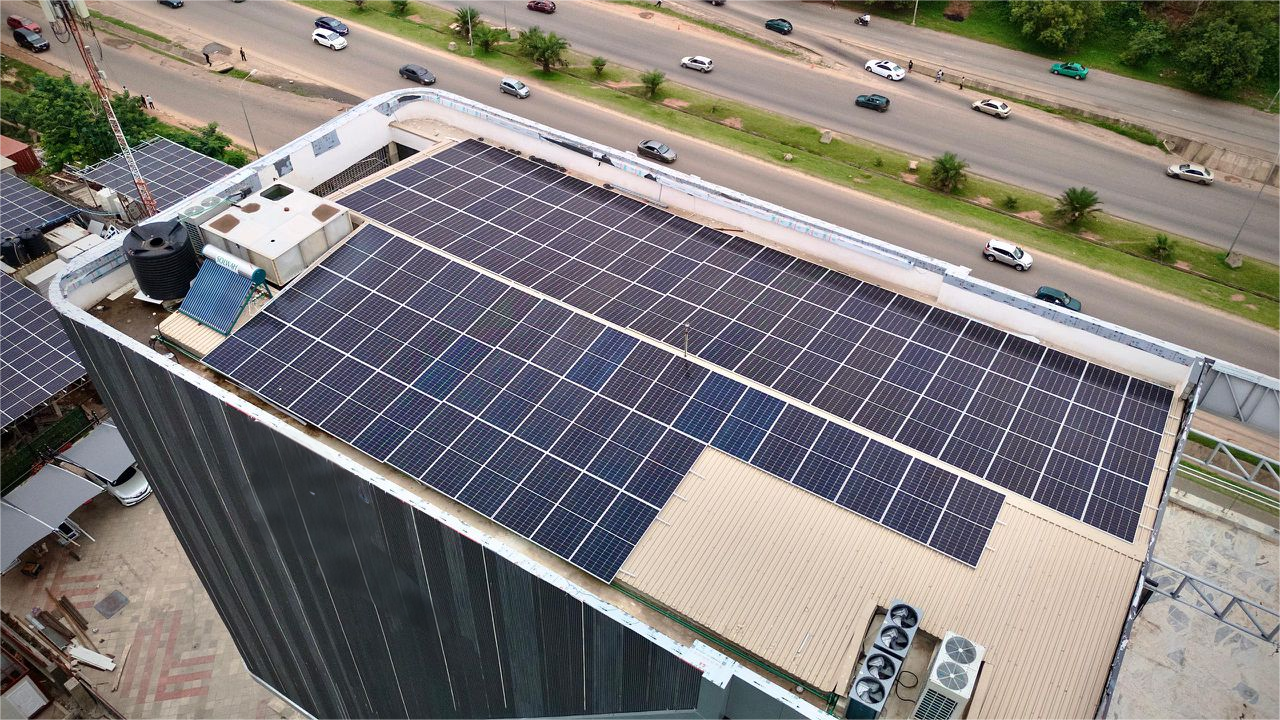
How do solar panels work on a house? solar power inverter price is gradually but surely becoming the most common method of obtaining alternative sources of energy and cutting down on electricity bills at home. So, how do you put solar panels at home, you wonder? In this article, we guide you through all that you might want to know about solar panel systems, from the working, benefits, cost, to design specifications.
What Is Solar Panels on a House Used For?
Solar panels are cutting-edge technology that captures the sun’s energy and transforms it into electricity. Solar panels are utilized in numerous ways within the house, for instance:
Electricity Generation:
Solar panels are most commonly known to generate electricity for use within the house.
Savings on Electricity Bills:
Generating one’s own electricity means ginormous savings on electricity bills.
Property Value:
The equipment installed on the property increases the value of the property.
How Do Solar Panels Work for Your Home?
Solar panels consist of photovoltaic (PV) cells that can generate electricity from light. The process step by step through which they function is as follows:
1. Solar Sunlight Absorption:
The sunlight, as it hits the PV cells in solar panels, is absorbed and generates direct current (DC) electricity.
2. Alternating Current Generation:
The DC electricity is next transformed into alternating current (AC) electricity through an inverter, which is the type of electricity consumed by most houses in residential neighborhoods.
3. Lighting Your Home:
AC purchased electricity can be used to light your home appliances, equipment, and light bulbs in the house.
4. Net Metering:
If the house consumes a little more energy than the solar panel system is producing, the surplus energy can be utilized to sell to the grid and supply the grid. Net metering is usually billed to the homeowner as additional energy.

How Do Solar Panels Work on a House at Night
Solar panels no longer work at night. Although solar panels are powered by the sun, homeowners can still use solar power during the nighttime. Here’s why:
Battery Storage:
Solar panel system with a battery storage system has the capacity to store excess energy generated by the sun during the day.
Grid Connection:
Since the house is not operating in parallel with a battery, option two as the supply would then be the grid’s. Power house would be supplied by the grid at night when the sun would not operate.
How Do Solar Panels Work on a House When Power Goes Out?
Where there is no power, the solar panel is oriented differently where there are no batteries.
With Battery Storage:
Where there is a battery and a solar panel, stored power in batteries is utilized to illuminate essential appliances where there is a blackout.
No Battery Storage:
Most solar panel systems are designed to shut down during a power outage for security reasons. It will prevent them from being able to generate electricity again until the power grid comes back online, preventing them from any sort of actually having a battery with an inverter within that is able to put them on standby.
House Solar Panels: What’s the Cost?
House solar panels are costly based on a number of considerations:
System Size: The larger the system, the more expensive, but then also more power.
Panel Type: Different models of solar panels’ panels (thin-film, monocrystalline, polycrystalline) with different costs and efficiencies per one.
Installation: Installation is expensive but in total is not affordable for most use.
Solar panel service life
Solar panels are a minimum of 25 to 30 years long-lived. The companies provide a 25-year warranty, ensuring the panels to be able to maintain at least a certain level of operation. That is, the panels will possess an acceptable operation to be able to produce a good amount of power for their duration. They actually do so due to some or all of the following reasons:
Material Quality: Well-quality panels will be more resilient and longer lasting.
Maintenance: Adequate care and maintenance will lengthen the lifespan of solar panels.
Weather: Solar panels in areas with unfavorable weather might deteriorate prematurely.
Designing Solar Panels for a House
While designing an efficient solar panel system for your home, some of the most important things to consider are:
Energy Demand:
Track the amount of energy your household uses so that you can figure out how large of a solar panel system you require.
Roof Orientation and Pitch:
Ideally, roof pitch and direction have amazing impacts on the efficiency of the solar panels. The south-facing roof gets the most sunlight.
Shading:
There must not be any house, trees, or other building within the range of sun rays that would be capable of shading the panels.
Local Laws and Regulations:
Identify local regulations and regulatory concerns for the installation of solar panels.
Appropriate Equipments:
Buy efficient long-life solar inverter supplier and solar panels depending on your power requirement and budget. RANKTOP is one of them with efficient long-life solar inverters.
Conclusion
People, if they are compelled to use this type of energy in the form of a clean power somehow, then they should have information regarding how solar panels work within a house. From power generation to electricity supply as a backup in the event of power failure, solar panels have numerous advantages. As a property owner, with its affordability, durability, and aesthetics, property owners are in a better position to make more informed decisions for energy needs and embrace green technology.
